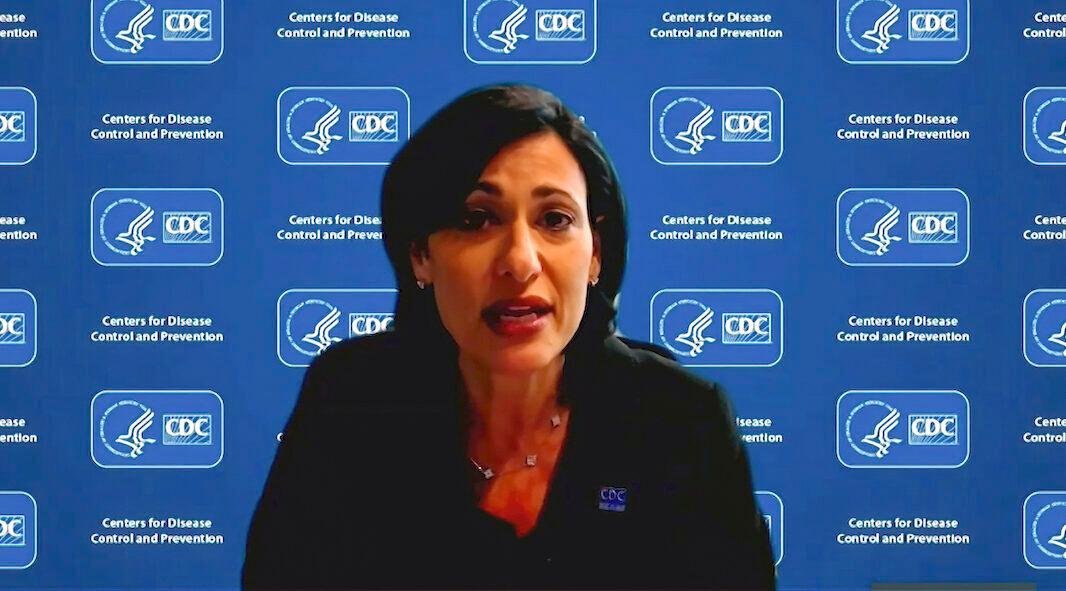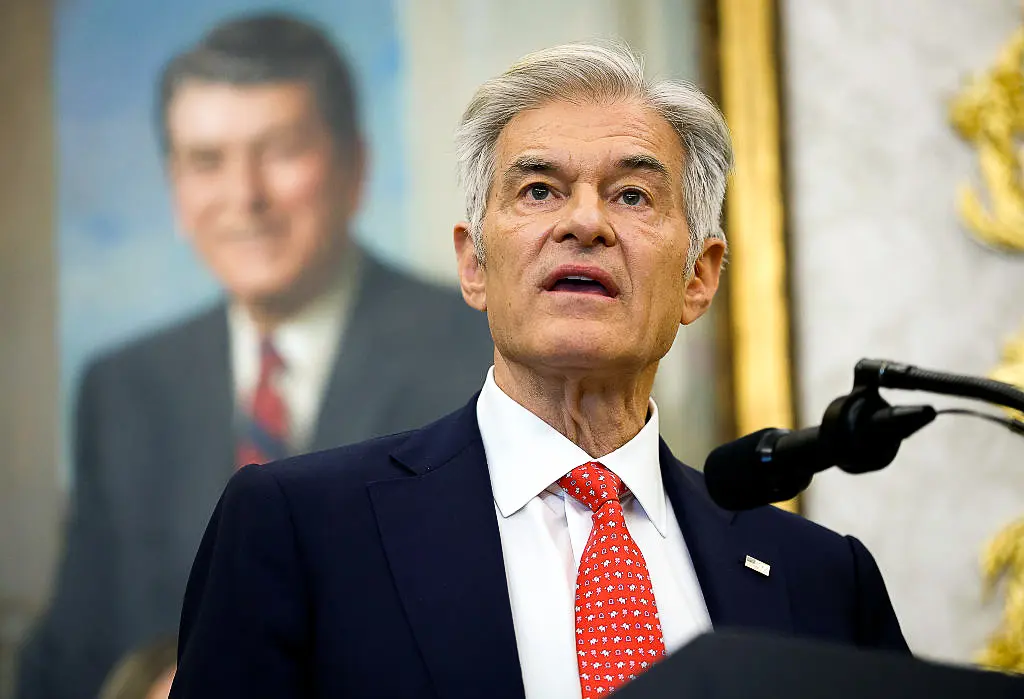Centers for Disease Control and Prevention (CDC) Director Rochelle Walensky said Friday that the definition of “fully vaccinated” won’t change when COVID-19 booster shots are rolled out—at least in the near future.
Currently, the CDC and other federal health agencies have defined one as fully vaccinated if they receive two doses of the Pfizer-BioNTech vaccine, two doses of Moderna’s vaccine, or one Johnson & Johnson shot.





